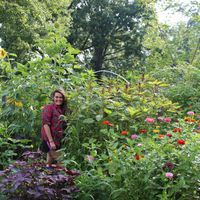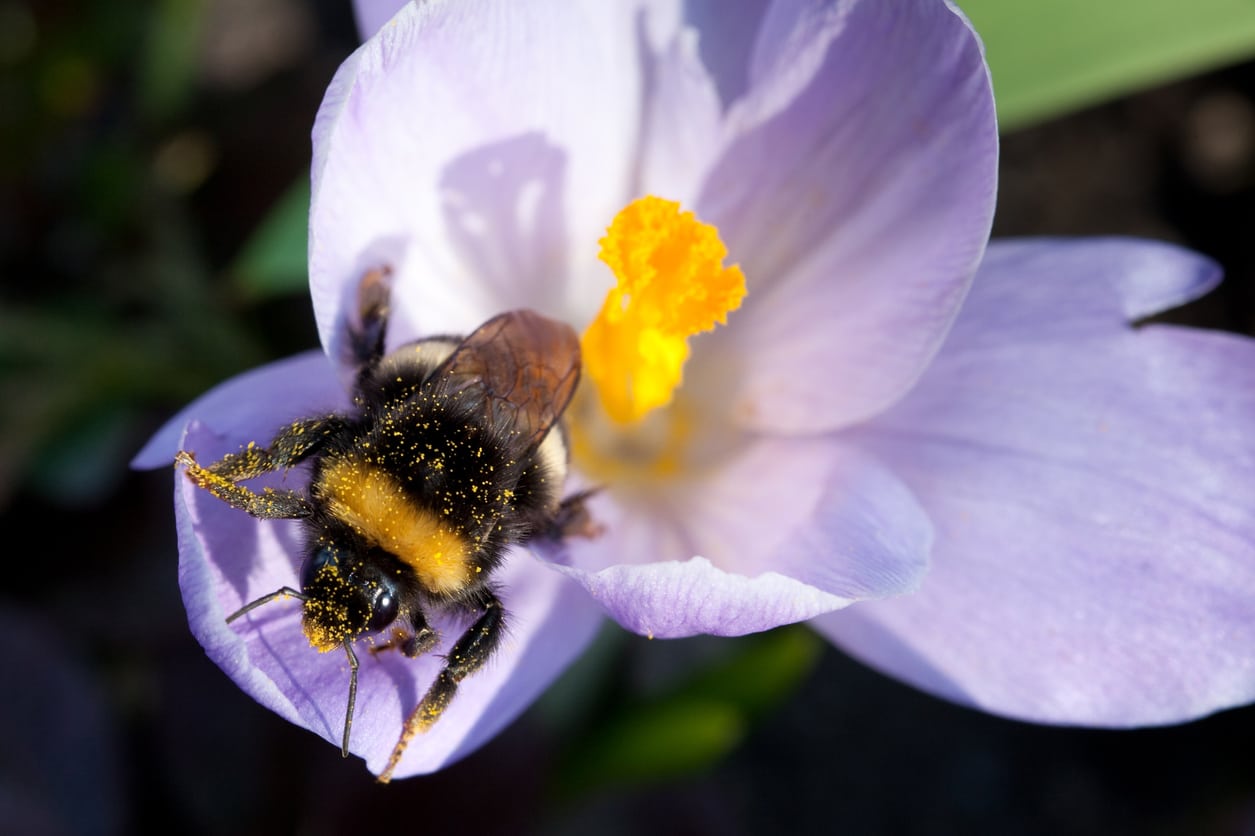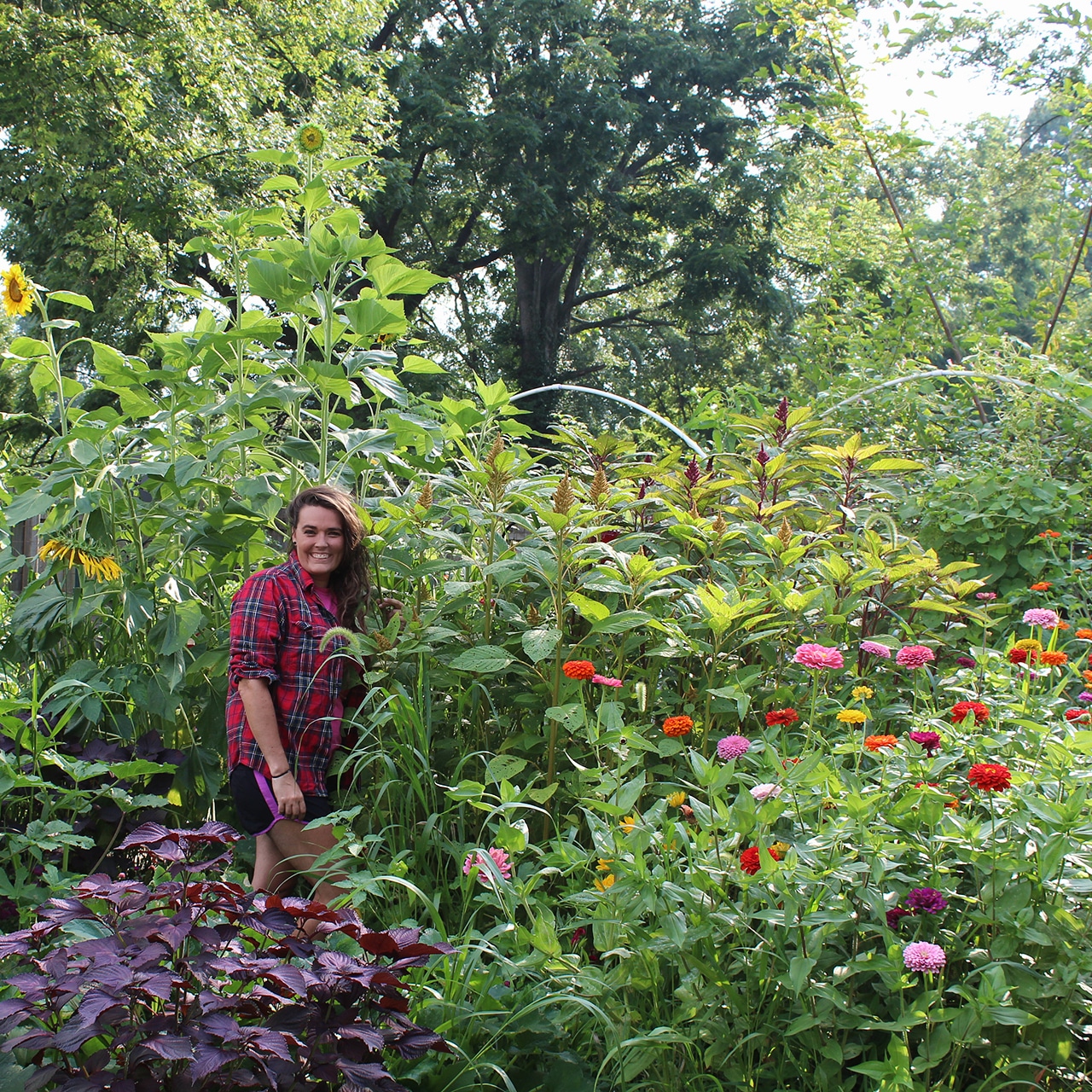Planting Bulbs For Bees – Popular Bee Friendly Bulbs For The Pollinator Garden


Sign up for the Gardening Know How newsletter today and receive a free copy of our e-book "How to Grow Delicious Tomatoes".
You are now subscribed
Your newsletter sign-up was successful
In recent years, pollinator gardens have become quite popular among hobby gardeners and seasoned growers, alike. Flowering plants within the garden offer beautiful floral displays in the landscape, as well as serve as essential sources of pollen and nectar needed by insects. While many people may opt to plant large drifts of wildflowers from seed, even those growing in limited spaces can grow bee-friendly flower gardens in containers and in naturalized plantings. Planting a pollinator garden is one of the best ways to attract bees, butterflies, and other beneficial insects into one’s yard. Fortunately, even the most inexperienced homeowners are able to easily plant and maintain a wide variety of nectar-rich plants. While it is common practice to grow flowers from seed or to add annuals to the landscape, the addition of flowering bulbs can take pollinator gardens to the next level.
About Bee-Friendly Bulbs
Planting spring bulbs for bees is a great way to ensure the early arrival of pollinators into the garden. Though often overlooked when planning a pollinator garden, spring bulbs are among the very first flowers to bloom in late winter and into early spring. These early blooming flowers ensure that bees are able to feed before other native nectar sources are readily available. When considering bulbs that bees like, thinking beyond common bulb options is a great way to expand and add visual interest to the landscape. While spring flower bulbs such as daffodils and tulips are easy to find at local garden centers, there are vast varieties of other spring flower bulbs adaptable to many growing conditions.
Planting Bulbs for Bees
Planning a spring flower bulb pollinator garden begins in the fall of the previous growing season. When selecting which types of bulbs to plant, there are several aspects to take into consideration. First, and foremost, make certain that the selected bulb varieties are suited for growth in the correct USDA growing zone. Since many spring bulbs require a winter chill before blooming, it’s important to ensure that these requirements will be met before planting. Though most bulbs will need to be planted in full sun, some will prefer shady locations. Always read package guidelines before planting to ensure that plants will thrive. Planting spring bulbs may be somewhat more costly than growing from seed, so choosing naturalizing bulbs and corms will ensure beautiful early season blooms for many years to come.
Types of Bulbs for Pollinators
Sign up for the Gardening Know How newsletter today and receive a free copy of our e-book "How to Grow Delicious Tomatoes".

Tonya Barnett has been gardening for 13 years. Flowers are her passion. She has transformed her backyard into a cut flower garden, which she regularly chronicles on her YouTube channel http://www.youtube.com/@tonyawiththeflowers.